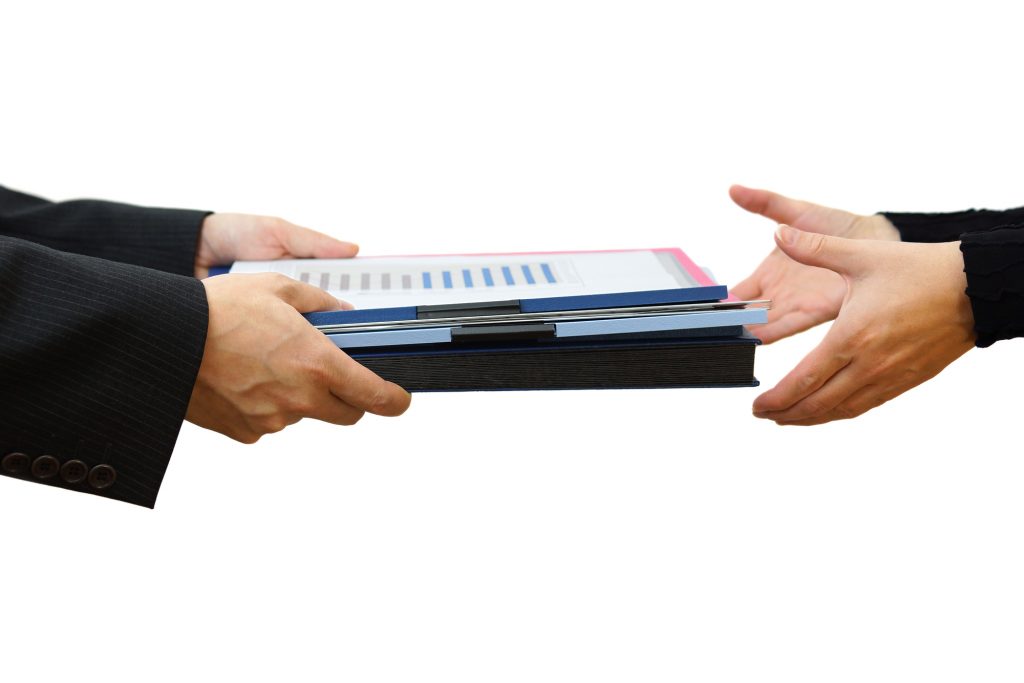 If you’re searching for tax and accounting services near me and aren’t finding what you need near you, a solution to your problem is available if you keep reading. For tax services San Diego and the surrounding communities can depend on, you need an experienced professional willing to provide courteous, personalized service.
If you’re searching for tax and accounting services near me and aren’t finding what you need near you, a solution to your problem is available if you keep reading. For tax services San Diego and the surrounding communities can depend on, you need an experienced professional willing to provide courteous, personalized service.
So which is the bookkeeper and tax preparer San Diego businesses can trust? Which company can provide the service of a CPA San Diego can rely on without the high cost of an accountant? The answer may surprise you.
Skill, Technology And More
The right bookkeeper brings together a strong background with numbers and the best technology to provide customers a top-level experience at a price that makes sense. Expect the bookkeeper you choose for your small to mid-sized business to help you decide between single-entry and double-entry bookkeeping and use QuickBooks or a similar software package to keep track of credits, debits and provide the information necessary for tax preparation. The right choice also has references and testimonials.
Services in addition to tax services in San Diego that you can expect from your CPA alternative and bookkeeping tax preparer include:
- General accounting and bookkeeping
- Record-keeping to help prevent and deal with IRS tax problems
- Advice and consultation services
- And more.
What You Should Expect From Your San Diego Bookkeeper And Tax Preparer
When you make a smart choice of bookkeeper to handle your records and tax prep, you should expect:
An enjoyable experience. Above all else, the right person to work with you is one that’s pleasant, gets along with your team and understands your needs. You won’t have to worry or micromanage when you make the right choice.
Smart advice. In addition to efficient and effective transaction recording and tracking, expect a good bookkeeper to provide useful, honest advice in good times and bad. Your bookkeeper can help you see potentials risks and avoid them if possible.
Professional expertise. An experienced professional should know how to manage your accounts with skill and precision. And more than that, they should be experts at navigating the technology necessary to keep books in today’s world.
When you depend on your San Diego bookkeeper for your tax preparation services as well, expect an updated understanding of tax compliance and the latest tax regulations that impact your business. Regulations and expectations change every year and sometimes multiple times within a year, and you don’t want someone whose knowledge is from last year or worse.
Your bookkeeper should also provide the flexibility of handling services when and where you like, compliance with privacy laws and be open to your questions, feedback and concerns. No matter what’s happening in your business, theirs or the world, you should also expect smooth and secure communication too.
Will The Best Choice Surprise You?
So what’s the best choice for tax services San Diego businesses can afford and rely on? What’s the smartest company to choose when you need an alternative to the expensive CPAs who operate in San Diego? Which tax preparer can meet the needs of your San Diego business?
Perhaps the answer won’t surprise you at all. It’s AD Bookkeeping Services, a company founded on a decade and a half of professional experience that you can put to work for you. Affordable monthly packages are available at a flat rate so you always know what you’re paying.
When you put your business finances and tax preparation in the hands of AD Bookkeeping Services, you’re making the best choice for affordability, quality of service, professionalism, friendliness and flexibility. You’re also making the best choice for the future of your business.




 The IRS online tax payment system is called the Electronic Federal Tax Payment System – or EFTPS. All new businesses get an EFTPS letter through the mail in a real IRS letter envelope. Your business will get this letter even if you aren’t required to make estimated tax payments or pay electronically. The letter contains valuable information you may need if you need to make payments in the future.
The IRS online tax payment system is called the Electronic Federal Tax Payment System – or EFTPS. All new businesses get an EFTPS letter through the mail in a real IRS letter envelope. Your business will get this letter even if you aren’t required to make estimated tax payments or pay electronically. The letter contains valuable information you may need if you need to make payments in the future.